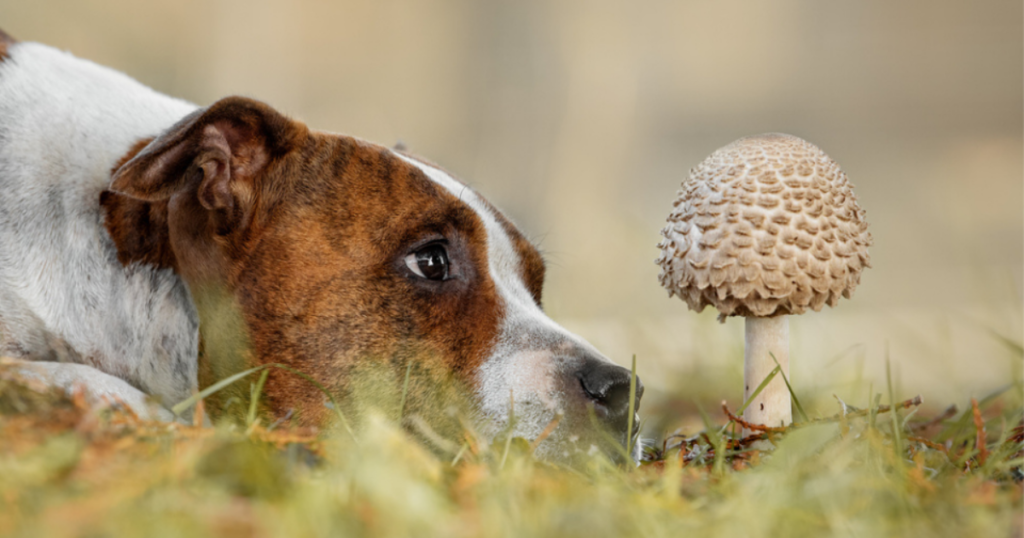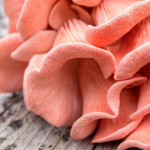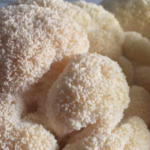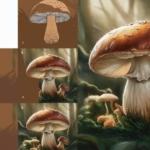Mushrooms are spore-producing fungi that typically grow above ground on soil or on their food source. They have a distinct structure with a stem, cap, and gills or pores underneath the cap. Mushrooms play a vital role in ecosystems as decomposers and can be edible, medicinal, or toxic.
Mushrooms have been a part of human culture and cuisine for thousands of years, valued not only for their unique flavors but also for their medicinal properties. Varieties like shiitake, oyster, and portobello are common in culinary dishes, offering a rich umami taste that enhances soups, sauces, and sautés. Beyond their culinary use, mushrooms such as reishi, lion’s mane, and chaga are celebrated in traditional medicine for their potential health benefits, including boosting the immune system and improving cognitive function
Some mushrooms, like mycorrhizal fungi, form symbiotic relationships with plants, aiding in water and nutrient absorption.In recent years, mushrooms have gained attention for their potential in sustainable practices. They are being explored for use in biodegradable packaging, as alternatives to plastic, and even in mycoremediation, where fungi are used to clean up contaminated environments. With ongoing research, the potential applications of mushrooms continue to expand, highlighting their significance beyond the dinner plate.
Types of Mushrooms: Edible vs. Toxic
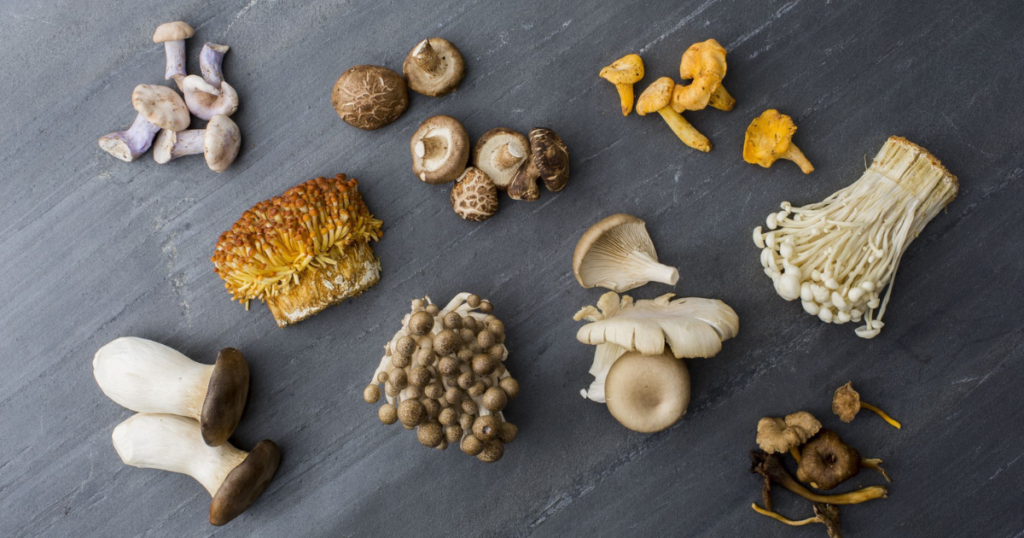
Edible Mushrooms
There are many types of mushrooms that are safe and nutritious for humans, such as shiitake, portobello, and oyster mushrooms. These mushrooms are often praised for their health benefits, including being rich in vitamins, minerals, and antioxidants. However, when it comes to dogs, the question of safety is more complex.
Safe Mushrooms for Dogs
Some mushrooms that are generally considered safe for dogs in small amounts include:
White Button Mushrooms
These are the most common type found in grocery stores and are generally safe for dogs when cooked and given in moderation.
Shiitake Mushrooms
Known for their immune-boosting properties, Shiitake mushrooms can be a healthy addition to your dog’s diet when properly prepared.
Portobello Mushrooms
These large, meaty mushrooms are safe for dogs when cooked, offering a good source of protein and vitamins.
Toxic Mushrooms
While some mushrooms are safe for dogs, many wild mushrooms can be highly toxic and even deadly. Identifying safe mushrooms in the wild can be challenging, even for experienced foragers, making it risky to allow dogs to consume any wild mushrooms.
Common Toxic Mushrooms
Some of the most dangerous mushrooms for dogs include:
Amanita Phalloides (Death Cap)
This mushroom is extremely toxic and can cause severe liver damage, often leading to death.
Amanita Muscaria (Fly Agaric)
Known for its distinctive red cap with white spots, this mushroom can cause hallucinations, seizures, and severe gastrointestinal distress.
Gyromitra Species (False Morel)
These mushrooms contain a toxin that can cause severe liver damage and neurological symptoms.
Nutritional Benefits of Mushrooms

Mushrooms, when safe and properly prepared, can offer several nutritional benefits to dogs. They are low in calories and fat while being rich in essential nutrients.
Key Nutrients in Mushrooms
Vitamins
Mushrooms are a good source of B vitamins, including riboflavin, niacin, and pantothenic acid, which are important for energy metabolism.
Minerals
They contain essential minerals such as selenium, potassium, and copper, which support various bodily functions.
Antioxidants
Mushrooms are rich in antioxidants, which can help protect cells from damage and support the immune system.
Potential Health Benefits for Dogs
Immune Support
Certain mushrooms, such as shiitake and maitake, are known for their immune-boosting properties. They contain beta-glucans, which are compounds that can enhance the immune response.
Anti-Inflammatory Properties
Mushrooms like reishi have been shown to have anti-inflammatory effects, which can be beneficial for dogs with conditions such as arthritis.
Digestive Health
Some mushrooms contain prebiotic fibers that can support healthy gut bacteria, aiding in digestion and overall gut health.
Risks and Precautions
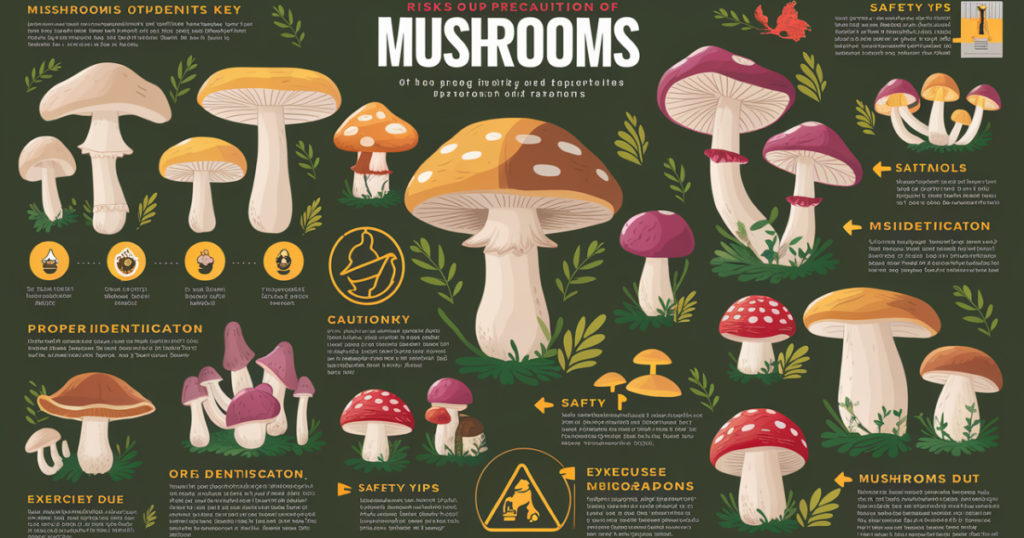
While mushrooms can offer health benefits, there are also significant risks involved, particularly with wild mushrooms.
Toxicity
As mentioned earlier, many wild mushrooms are toxic to dogs. Symptoms of mushroom poisoning can range from mild gastrointestinal upset to severe organ failure and death. It is crucial to prevent dogs from consuming wild mushrooms.
Allergic Reactions
Some dogs may have allergies to mushrooms. Symptoms of an allergic reaction can include itching, swelling, and difficulty breathing. If you notice any of these signs after your dog consumes mushrooms, seek veterinary care immediately.
Gastrointestinal Upset
Even safe mushrooms can cause digestive issues if not properly prepared. Raw mushrooms can be difficult for dogs to digest and may lead to vomiting or diarrhea.
How to Safely Introduce Mushrooms to Your Dog’s Diet

If you decide to incorporate mushrooms into your dog’s diet, it is essential to do so safely and gradually.
Consult Your Veterinarian
Before introducing any new food to your dog’s diet, it is always best to consult with your veterinarian. They can provide guidance based on your dog’s specific health needs and dietary requirements.
Start with Small Amounts
Begin by offering a small piece of cooked mushroom to see how your dog reacts. Monitor for any signs of adverse reactions, such as gastrointestinal upset or allergic symptoms.
Cook the Mushrooms
Always cook mushrooms before giving them to your dog. Cooking helps break down tough cell walls, making them easier to digest and reducing the risk of gastrointestinal issues. Avoid using butter, oil, or seasonings, as these can be harmful to dogs.
Avoid Wild Mushrooms
Never allow your dog to eat wild mushrooms. The risk of toxicity is too high, and it can be challenging to differentiate between safe and dangerous varieties.
Signs of Mushroom Poisoning in Dogs
Recognizing the signs of mushroom poisoning is crucial for prompt treatment. Symptoms can vary depending on the type of mushroom ingested but often include:
- Vomiting and diarrhea
- Excessive drooling
- Abdominal pain
- Lethargy
- Seizures
- Jaundice (yellowing of the skin or eyes)
- Coma
If you suspect your dog has ingested a toxic mushroom, seek emergency veterinary care immediately. Early intervention can be life-saving.
Read More:
Mushroom Chicken Recipe
What to Do in Case of Mushroom Poisoning
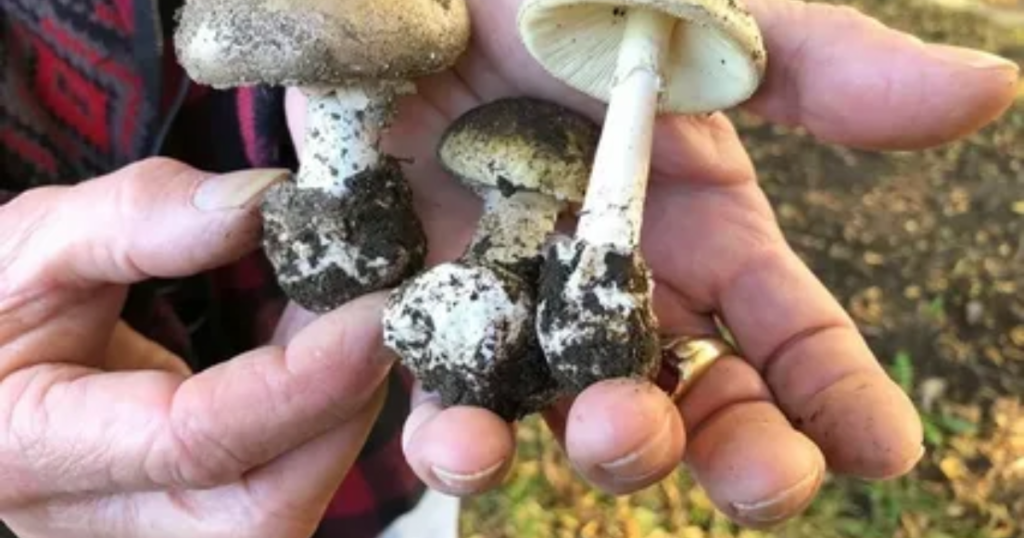
If you believe your dog has consumed a toxic mushroom, take the following steps:
Remove Access
Prevent your dog from eating any more mushrooms.
Collect a Sample
If possible, collect a sample of the mushroom your dog ate. This can help the veterinarian identify the type and provide appropriate treatment.
Seek Veterinary Care
Contact your veterinarian or an emergency veterinary clinic immediately. Provide them with as much information as possible, including any symptoms your dog is displaying.
Alternative Healthy Treats for Dogs
If the risks of feeding mushrooms to your dog seem too high, there are plenty of other healthy treats you can offer.
Fruits and Vegetables
Many fruits and vegetables are safe and nutritious for dogs. Options include carrots, blueberries, apples (without seeds), and green beans.
Commercial Dog Treats
There are numerous commercial dog treats available that are formulated to be safe and healthy. Look for treats made with natural ingredients and without artificial additives.
Home-Cooked Treats
You can also make your own dog treats at home using safe ingredients like pumpkin, sweet potatoes, and lean meats.
FAQs
Can all types of mushrooms be safely fed to dogs?
Not all mushrooms are safe for dogs. While some store-bought mushrooms like white button and shiitake are safe in moderation, many wild mushrooms can be toxic and should be avoided.
What are the symptoms of mushroom poisoning in dogs?
Symptoms of mushroom poisoning include vomiting, diarrhea, excessive drooling, abdominal pain, lethargy, seizures, and jaundice. If you suspect poisoning, seek immediate veterinary care.
How should mushrooms be prepared for dogs?
Always cook mushrooms before feeding them to your dog. Cooking makes them easier to digest and reduces the risk of gastrointestinal issues; avoid using butter, oil, or seasonings.
Can mushrooms provide health benefits for dogs?
Yes, safe mushrooms can offer health benefits such as immune support, anti-inflammatory properties, and digestive health benefits due to their vitamins, minerals, and antioxidants.
What should I do if my dog eats a wild mushroom?
If your dog eats a wild mushroom, remove access, collect a sample of the mushroom, and seek immediate veterinary care. Early intervention is crucial to prevent severe health issues.
Conclusion
In conclusion, while some mushrooms are safe and can offer health benefits for dogs, the risks associated with mushroom consumption, particularly wild mushrooms, are significant. As responsible pet owners, it is crucial to be informed about the types of mushrooms that are safe and to take necessary precautions to prevent mushroom poisoning.
If you choose to introduce mushrooms to your dog’s diet, always consult with your veterinarian first and start with small, cooked amounts. Monitor your dog for any signs of adverse reactions and be prepared to seek veterinary care if needed.Ultimately, there are many other safe and nutritious treat options available for dogs, so if the risks of feeding mushrooms seem too high, consider exploring those alternatives. Your dog’s health and well-being are paramount, and making informed dietary choices is an essential part of responsible pet ownership.

